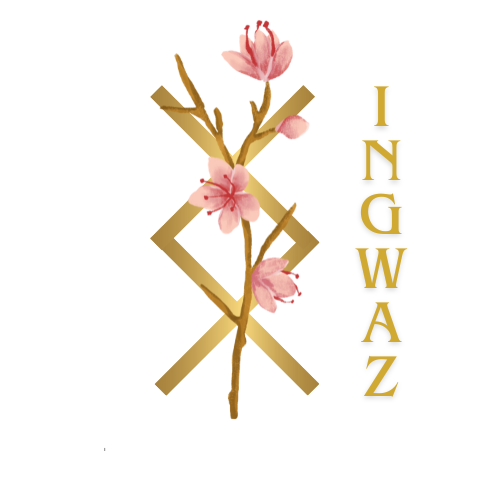Carl Jung’s Shadow: A Hidden Aspect of the Self
Carl Jung’s shadow theory explores the hidden aspects of the self, containing suppressed traits and emotions.
Recognizing and integrating the shadow is crucial for personal growth and self-realization.
Ignoring the shadow can lead to self-sabotage, conflicts, and psychological problems.
Shadow work, including self-reflection and dream analysis, helps in understanding and integrating these aspects.
Embracing the shadow is an act of self-love, leading to a more authentic and balanced life.





